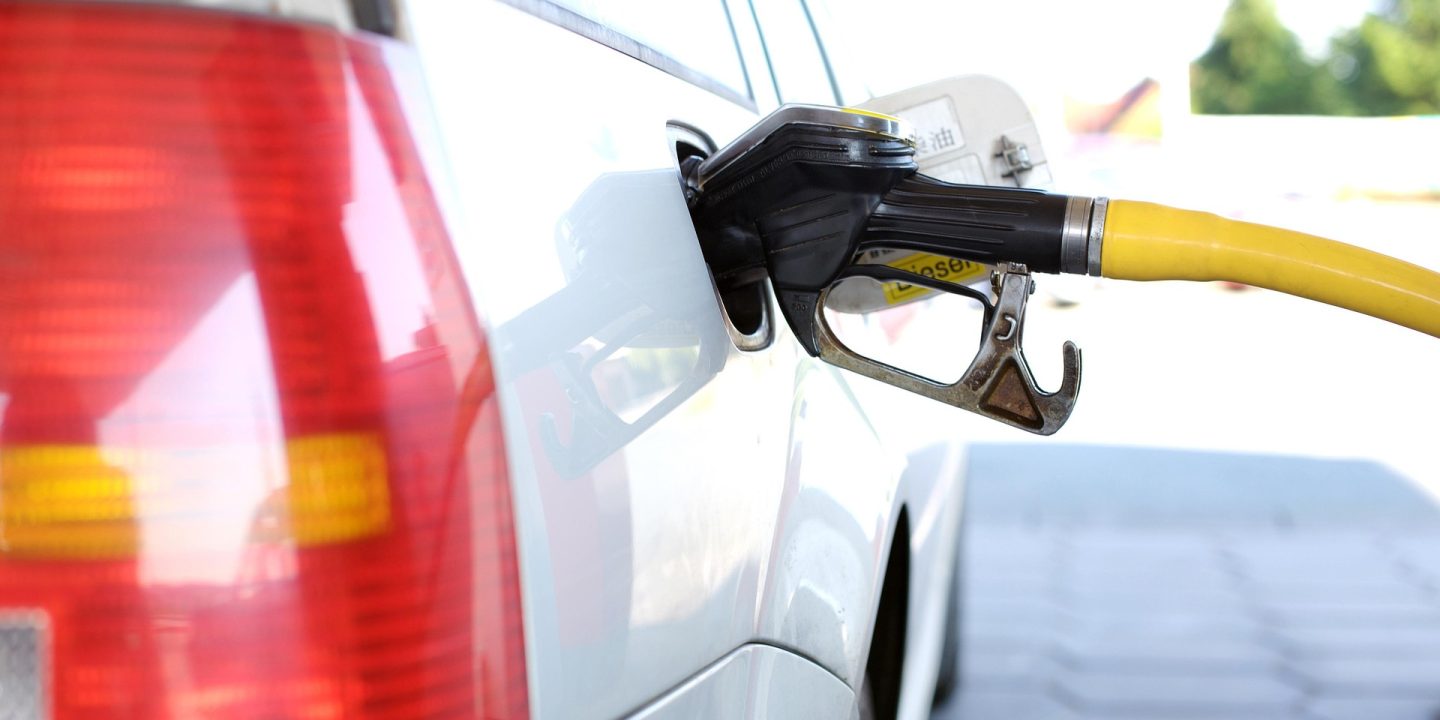
The Automobile Association of South Africa (AA) has warned that Finance Minister Enoch Godongwana is likely to announce an increase in the General Fuel Levy (GFL) during his 2025 Budget Speech. The organization is urging authorities to reassess the country’s fuel pricing model, calling the current structure unsustainable.
In an interview with eNCA, AA spokesperson Eleanor Mavimbela emphasized that freezing the GFL for consecutive years—as done since 2023—is not a viable long-term strategy. “For the past two years, the Finance Minister has kept the general fuel levy flat. This year, however, we expect an adjustment,” she stated. While acknowledging the relief provided by the levy freeze, Mavimbela stressed, “We welcome the temporary relief, but as the AA, we believe this approach cannot continue indefinitely. A comprehensive review of the fuel pricing framework is urgently needed.”
South Africa’s fuel prices are influenced by global oil markets and the rand-dollar exchange rate, but government-imposed taxes and levies remain within policymakers’ control. Mavimbela explained, “Multiple components contribute to the final fuel price. We need to explore alternative, sustainable ways to fund critical initiatives like the Road Accident Fund (RAF) levy without overburdening consumers.”
Currently, each liter of fuel includes charges such as the GFL, RAF levy, and additional fees covering transport, storage, and distribution. In October 2024, Mineral Resources and Energy Minister Gwede Mantashe highlighted how these levies inflate prices, noting that without them, petrol and diesel could cost around R14 per liter. Instead, the GFL and RAF levy push prices closer to R20. Speaking at the African Oil Week conference in Cape Town, Mantashe warned that unaddressed pricing distortions would keep fuel costs unaffordable for South Africans. He echoed the AA’s call for reform, urging a clearer separation of taxes from base fuel costs. “The government aims to resolve this issue swiftly,” he added.
Proposal to Shift RAF Levy to Alcohol Sales
Earlier in January 2024, Deputy Transport Minister Mkhuleko Hlengwa suggested redirecting the RAF levy to alcohol purchases to tackle drunk driving. This followed Transport Minister Barbara Creecy’s report of 1,502 road deaths during the 2024/25 festive season—a 5.3% rise from the previous year—with nearly 4,000 motorists arrested for driving under the influence.
Hlengwa linked alcohol consumption directly to the spike in fatalities, criticizing reckless behavior even during daytime hours. “Enforcement alone isn’t enough. We must hit offenders where it hurts—their wallets,” he argued, proposing stricter penalties beyond the demerit system. He also questioned the logic of funding the RAF through fuel sales: “Why not impose a direct charge on alcohol products? Those contributing to road harm should bear the cost.”
As debates over fuel pricing and road safety intensify, South African motorists face a tense wait for solutions that balance fiscal needs with public affordability.
Photo: Pixabay












